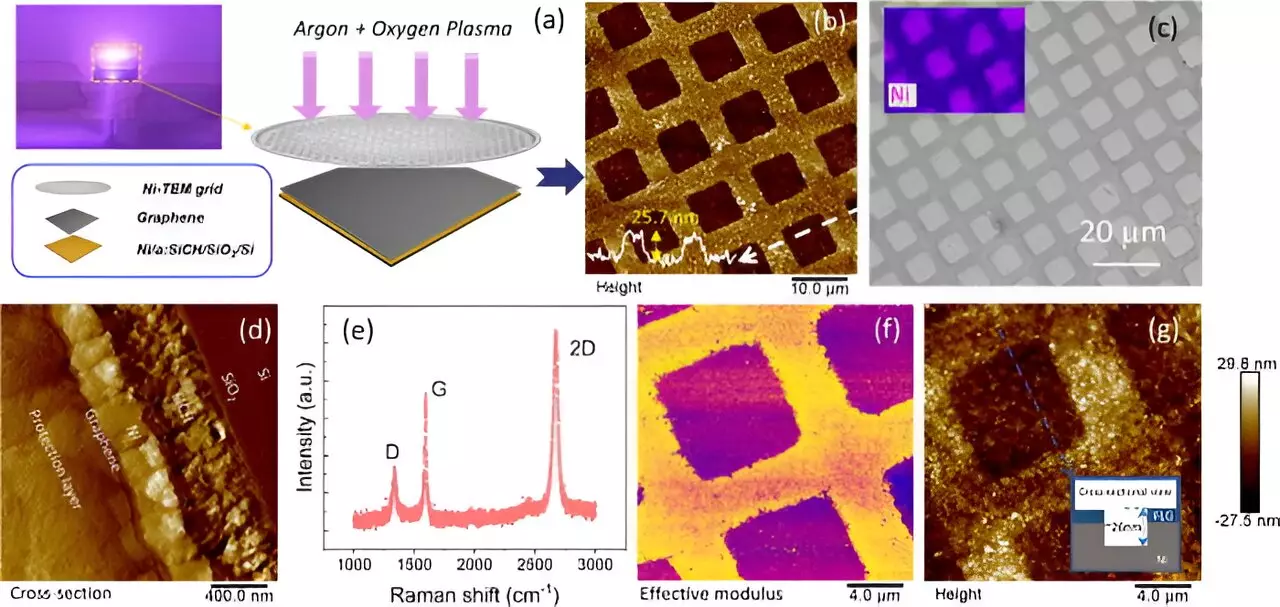In a groundbreaking study published in Applied Physics Reviews, researchers have developed a new technique to address the issue of increasing the capacity of sodium-ion batteries. Led by Professor Oleg Kolosov from Lancaster University and Professor Zhigao Huang from Fujian Normal University, this research marks a significant advancement in the field of energy storage technology.
Professor Kolosov emphasized the importance of nanoscale studies when it comes to rechargeable storage. He stated that such studies are crucial for the development of new, efficient, and safe batteries. This breakthrough research aims to provide a more affordable and secure energy storage option compared to lithium-ion batteries. Since lithium is scarce and challenging to mine, sodium batteries offer a promising alternative.
One of the key aspects of this study is the development of a unique technique called electrochemical ultrasonic force microscopy (EC-UFM). This technique allows for nanoscale imaging of interfaces in rechargeable batteries during their operation, which was previously unattainable with existing electrochemical characterization methods. By using EC-UFM, researchers could observe the formation and properties of the solid-state-interphase (SEI), a crucial element that impacts battery capacity, power, and longevity.
Through the NEXGENNA Faraday Institution project, researchers were able to solve a long-standing problem in the field of energy storage – how to increase the capacity of sodium-ion batteries. The innovative approach involved using a solvent as a vehicle for the co-intercalation of sodium into the carbon electrode. By controlling the formation of the passivating SEI layer during the charge/discharge process, scientists were able to maintain efficient charge carrier shuttling between the electrolyte and electrode, resulting in powerful and effective sodium-ion batteries.
The development of this new technique represents a significant step forward in the quest for more efficient and sustainable energy storage solutions. With the potential to enhance cycle stability, lifespan, and capacity of batteries, this research has paved the way for a new era in battery technology. By harnessing the power of nanoscale studies and innovative methodologies like EC-UFM, researchers are opening up new possibilities for the future of energy storage.


Leave a Reply